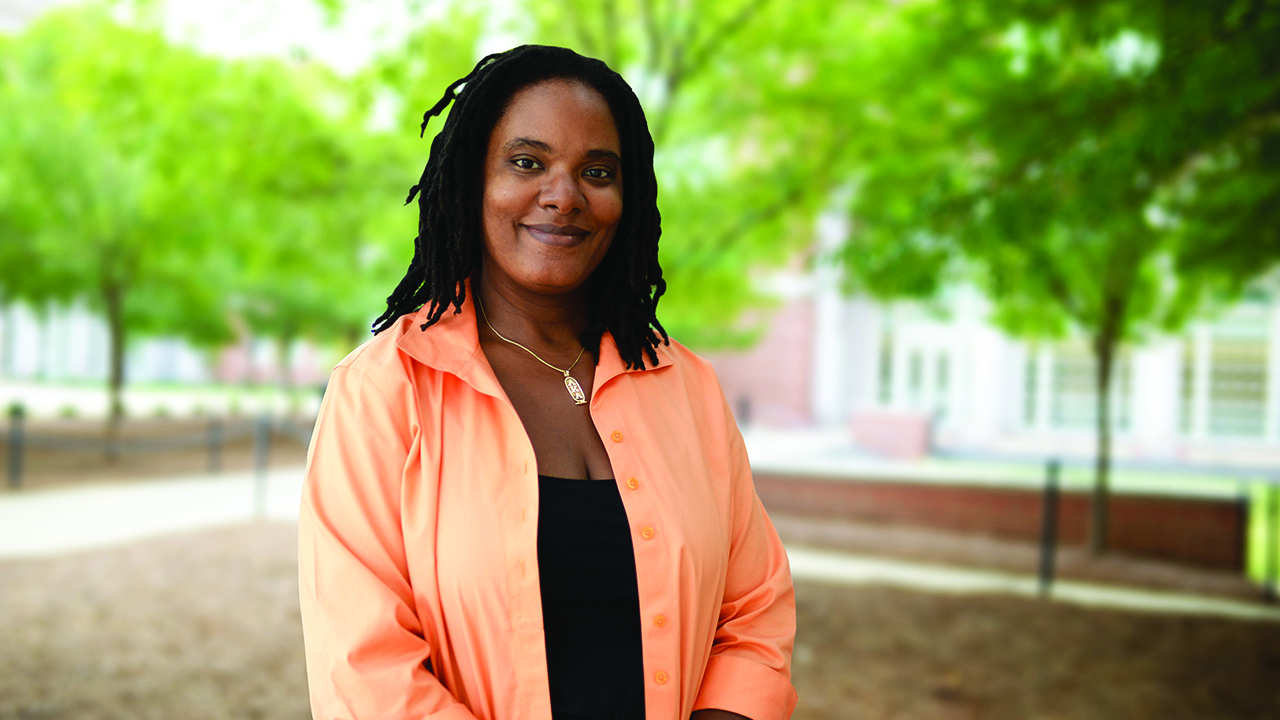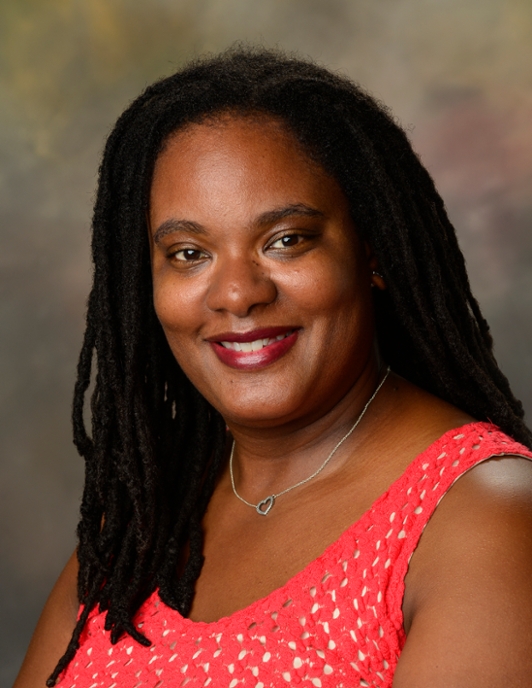Professor awarded NSF grant to study experiences of Black women in computing
Published: Aug 18, 2021 7:00 AM
By Joe McAdory
Research reveals young Black women with sights set on careers in computing are often subject to social challenges.
“The representation of Black women in the field of computing is very low and has been for many years,” said Jakita Thomas, Philpot-WestPoint Stevens associate professor in computer science and software at the Samuel Ginn College of Engineering.
Thomas, however, wants to be an agent of change.
Her study, “Experiencing The Matrix of Power Dynamics For Undergraduate And Graduate Black Women In Computing to Understand their Intersectional Experiences,” was awarded a $160,235 grant by the National Science Foundation to better understand the experiences of Black women in computing, from K-12 to within industry, who experience racism and sexism simultaneously, called gendered racism.
“Computing suffers from the same challenges many other sectors in the world contend with, especially in the U.S.” Thomas said. “One of the things that’s happened in the past year is the U.S. is beginning to grapple with its history, and the outcomes and ramifications of its history, in ways that it had been unwilling to do in the past. Computing is not different.”
Based at the Constellations Center for Equity in Computing at Georgia Tech, this fellowship will gather Black women’s unique perspectives in computer science education and computing – including the trials and triumphs experienced as they navigate a variety of computing spaces, including academic, professional and personal.
“This research is important because literature suggests the percentage of Black women who want to pursue a career in computing is a higher rate than many other groups,” Thomas said. “Yet when you look at the percentage of degrees coming out, it’s lower. It begs the question, what’s happening in these four, sometimes five, years?
“Also, there is not a large literature base of empirical research that understands the intersectional experiences of black women within computing. Instead, what has historically happened is heterogeneous, diverse communities have been lumped together under the moniker ‘women of color’ and not necessarily the unique experiences that black women may have, which can be different from Latina or Native American women. This research is squarely about understanding the experiences of Black women and how this creates Black women’s perspectives, or standpoint, as it relates to computing.”
This project will identify design principles that can be applied to create equitable spaces that are more inclusive, welcoming and supportive for Black women.
Thomas, who is among Cell Mentor’s list of 1,000 inspiring Black scientists in America, understands the struggles Black women endure within industry. Before academia, she was a researcher at IBM in Silicon Valley, California.
“It’s my duty to make sure that young women coming up behind me don’t have to go through some of the same things that I did,” she said. “I can’t imagine not doing research that doesn’t have an impact. Part of my culture is about community. Anything I would do professionally would have an element of community and be grounded by impact – social impact particularly.”
Media Contact: , jem0040@auburn.edu, 334.844.8849


